If you’re the least bit familiar with the Denver live music scene, you probably already know that the Larimer Lounge is known as a loud venue. By “loud”, I don’t mean the volume of the music, but the volume of the crowd. Generally, the later it gets, the more talkative the audience gets, to the point that bands sometimes have to work a bit harder to make themselves heard.
So when Rachael Yamagata brought her fall tour to the Larimer Lounge last Saturday night and kicked off her set with a decidedly soft, down-tempo number, the hush that fell over the crowd marked a true feat of talent and stage presence, evoking looks of utter disbelief all around. “I’ve never heard the crowd this quiet,” remarked one bartender.
What arrested the crowd’s attention so profoundly? Perhaps they wanted to hear the music.
In reality, singer/songwriter Rachael Yamagata’s current tour is quite different from what she’s done in times past. Her previous album Chesapeake leaned more toward uptempo tunes, while her new EP Heavyweight (released digitally last week, with physical copies for sale Nov. 27) is more reflective, with plenty of lush string and piano arrangements. To that end, Rachael wanted to put together a show that echoed the vibe of the new album, so instead of a full rhythm section, she brought string players.
To the Larimer Lounge.
Yep.
“I’ve gone out before with full bands and sort of the rock show, and it’s been a certain type of energy that’s been awesome,” Rachael said in a recent interview. “This just seemed like something I hadn’t tried in a while.”
Rachael gave fair warning to the crowd as she opened her set, apologizing in advance to anyone who had expected a rock show. “We’re gonna depress the hell out of you,” she said, tongue in cheek, then proceeded to open with a melancholy, string-heavy ballad, dark, haunting and beautiful.
The result was captivating. The room quieted down because people wanted to hear this side of Rachael Yamagata.
The tempo never really picked up much through the course of the show–nor was it expected. However, the mood was lightened in between songs by Rachael’s onstage wit, funny stories and interactions with the crowd. At one point, she lost her place in one of the songs with a case of the giggles, apologizing to the crowd for being “loopy.” While the mood of the music itself remained somber, it was apparent from the relaxed atmosphere that she and her band were enjoying themselves. And it was also apparent that the audience was enjoying it.
If you have a chance to catch Rachael Yamagata at one of her future tour stops, you definitely should. This tour is a rare treat from a gifted songwriter, worth catching–so I’m including her remaining tour dates below.
November 26, 2012 The Varsity Theater Minneapolis, MN November 27, 2012 City Winery Chicago, IL November 28, 2012 Radio Radio Indianapolis, IN November 30, 2012 Mr. Small's Theatre Pittsburgh, PA December 01, 2012 Virgin Mobile Mod Club Toronto, ON December 03, 2012 La Sala Rossa Montreal, QC December 04, 2012 Paradise Rock Club Boston, MA December 05, 2012 Joe's Pub New York, NY December 07, 2012 First Unitarian Church - Sanctuary Philadelphia, PA December 08, 2012 The Night Cat Easton, MD December 09, 2012 U Street Music Hall Washington, DC December 10, 2012 Local 506 Chapel Hill, NC December 12, 2012 Vinyl Atlanta, GA December 13, 2012 The Bottletree South Birmingham, AL December 14, 2012 3rd & Lindsley S Nashville, TN
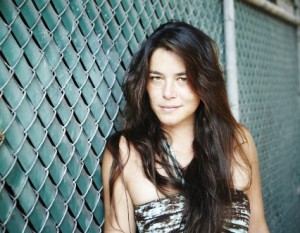

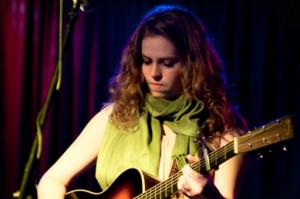
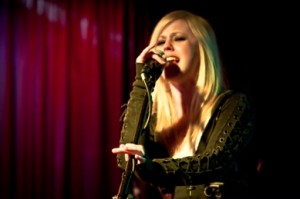
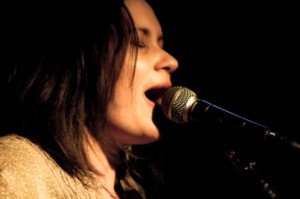
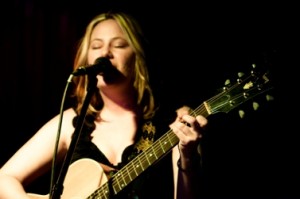
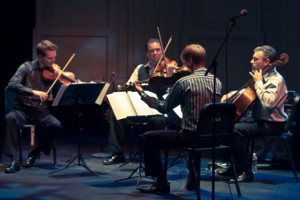
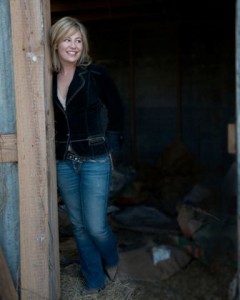
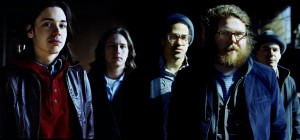
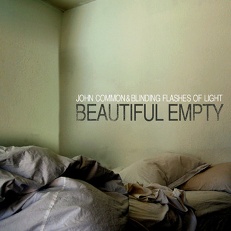

 Again, being honest with yourselves will help you grow.
Again, being honest with yourselves will help you grow.